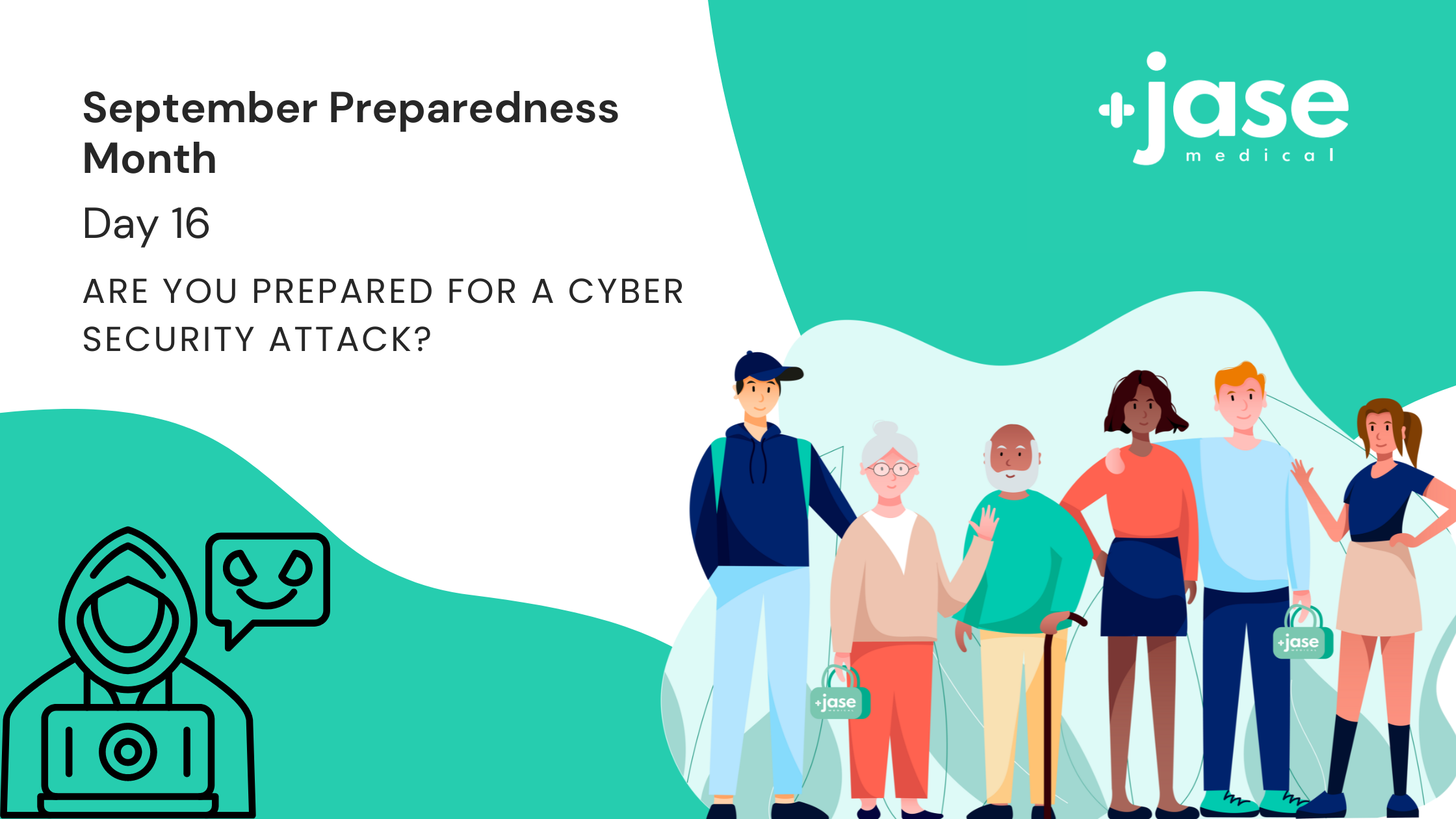

Cyber security is more important than ever as more and more personal information is available online.
Cyberattacks are malicious attempts to access information or damage a computer or network system. Cyberattacks can lead to information leaks, money loss or theft of sensitive information. On a larger scale, it can affect organizations, communities and the nation.
Cybersecurity involves preventing, detecting and responding to cyberattacks. Taking a few small steps can make your information more secure and can prevent loss of finances and valuable information.
Here are a list of steps to take to protect yourself and your information:
- Limit the amount of information you share online and change privacy settings to not use location services.
- Make sure to update software, applications, and operating systems up to date.
- Create strong passwords. Use Upper and lower case letters, numbers, and special characters.
- Do not use the same password for multiple accounts.
- Use a password manager and two methods of verification whenever possible.
- When in doubt do NOT click on unknown links, especially if they ask for personal information. More than 90% of successful cyber attacks start with a phishing email.
- Protect your home or business by using a secure internet connection and Wi-Fi network.
- Change passwords frequently
- Don’t share PINs or passwords.
- Use devices with biometric scans when possible.
- Check your account summaries and credit reports regularly.
- If you do have to share personal or financial information online, make sure it is a secure site that begins with https://. Using a virtual private network (VPN) can also provide a secure connection.
- Use antivirus (ex: Norton), antimalware (ex: Malwarebytes), and firewalls to block threats.
- Back up your files regularly in encrypted files.
- The government will NOT call, text, or contact you via social media about owing money.
- Brooke Lounsbury
Medical Content Writer
Lifesaving Medications
Recent Posts
Keeping you informed and safe.
FAQ: Our most commonly asked questions about Jase
If you’re considering Jase, chances are you’ve paused and thought, “This makes sense, but I still have a few questions.”You’re not alone. Here are the most common ones we hear, answered plainly. Is this really doctor-prescribed? Yes. Every Jase order is reviewed by a...
Medical Readiness: What Really Kills First
When Disaster Strikes, It’s Not Hunger or Thirst That Takes the First Lives In every disaster zone, from hurricanes in the Caribbean to war zones in Ukraine, the pattern is the same. People worry about food and water, but it’s infection that kills first. A small wound...
Exploring Dr. William Makis’ Hybrid Orthomolecular Cancer Protocol: Focus on Ivermectin and Mebendazole/Fenbendazole
Exploring Dr. William Makis’ Hybrid Orthomolecular Cancer Protocol: Focus on Ivermectin and Mebendazole/Fenbendazole *Disclaimer: This article is for educational purposes and does not constitute medical advice. Always seek professional guidance.* In the evolving...



